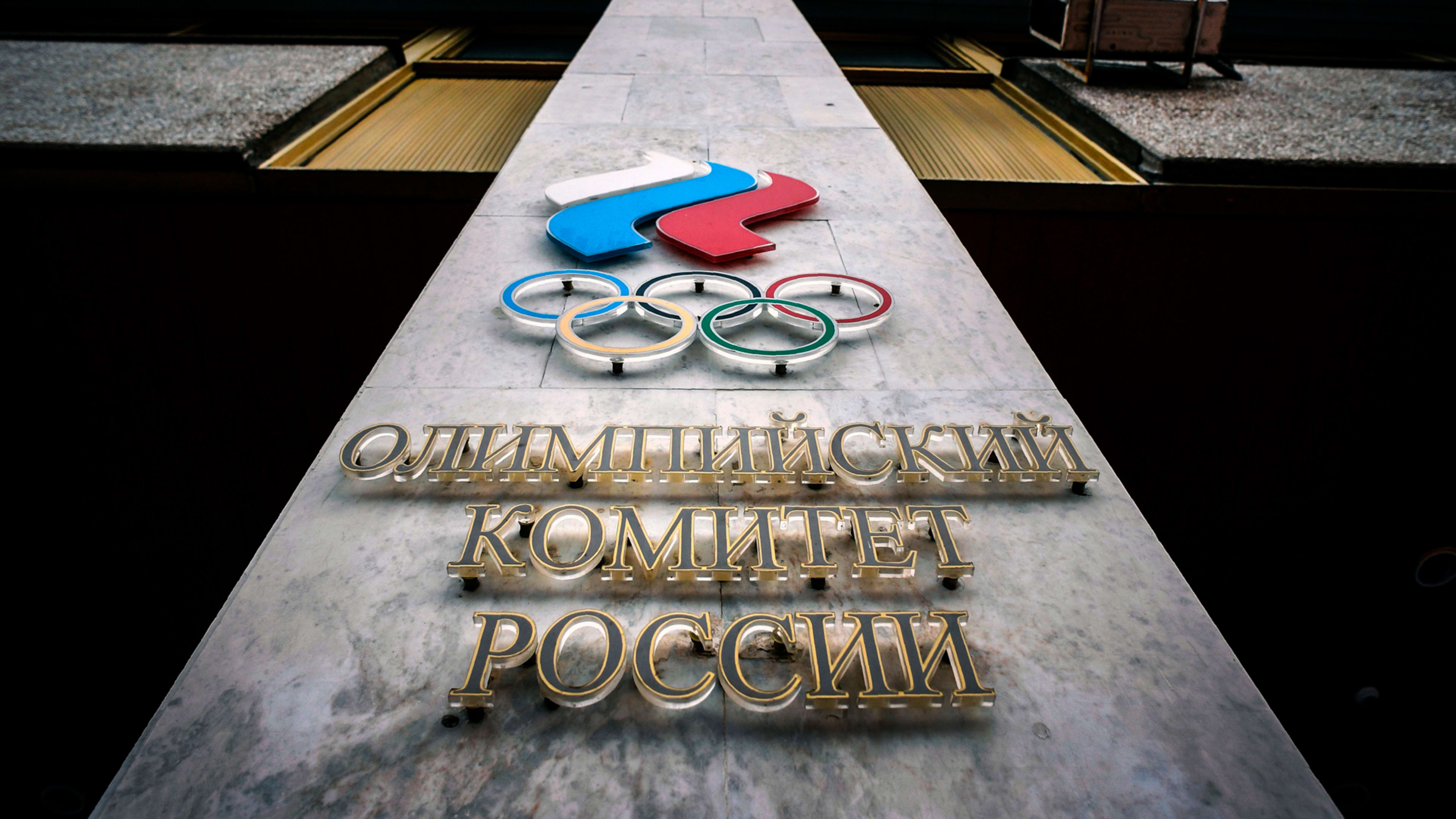The doping-friendly minds behind the Russian Anti-Doping Agency are at it again: Following recent tampering with athlete drug test data, Russia is officially booted from the 2020 Tokyo Olympics and the 2022 World Cup, as well as other major international sports events for four years, says the World Anti-Doping Agency (WADA).
Russian teams and individual athletes will be able to compete if they can prove that they were not involved in doping and agree to compete under a neutral flag, as the gold medal-winning men’s ice hockey team did at the 2o18 Winter Olympic Games in Pyeongchang, where the team defied their sanction and sang their national anthem during a medal ceremony. No competing athletes or delegations will be able to use the word “Russia,” nor fly the Russian flag. Russia cannot host major sports competitions.
Russia’s doping program frequently fails to evade detection. It has long been known about by anyone who reads the news, following doping at the 2014 Olympics in Sochi and a 2015 indefinite ban from major international competitions, after which Russia assured the international community that it would get clean. The latest punishment comes following Russia’s apparent removal, alteration, and fabrication of athlete lab results back to 2015 that were provided to WADA in January 2019. This violated a reinstatement agreement from September 2018.
In a statement, WADA’s president, Sir Craig Reedie, criticized Russia’s repeated transgressions:
“Russia was afforded every opportunity to get its house in order and re-join the global anti-doping community for the good of its athletes and of the integrity of sport, but it chose instead to continue in its stance of deception and denial.”
A number of top regulatory and sports officials wanted stronger sanctions, including U.S. Anti-Doping Agency CEO Travis Tygart, who hoped for a full ban on all Russian athletes in the Olympics for what he called “Russia’s five-year flaunting” of doping regulations. “History has taught us the response to Russian doping used in Rio 2016 and Pyeongchang 2018 did not work,” he said in a press release. WADA explicitly aimed to avoid punishing Russian athletes who did not participate in the doping system.
Russia is expected to appeal the decision.
Recognize your brand’s excellence by applying to this year’s Brands That Matter Awards before the early-rate deadline, May 3.
